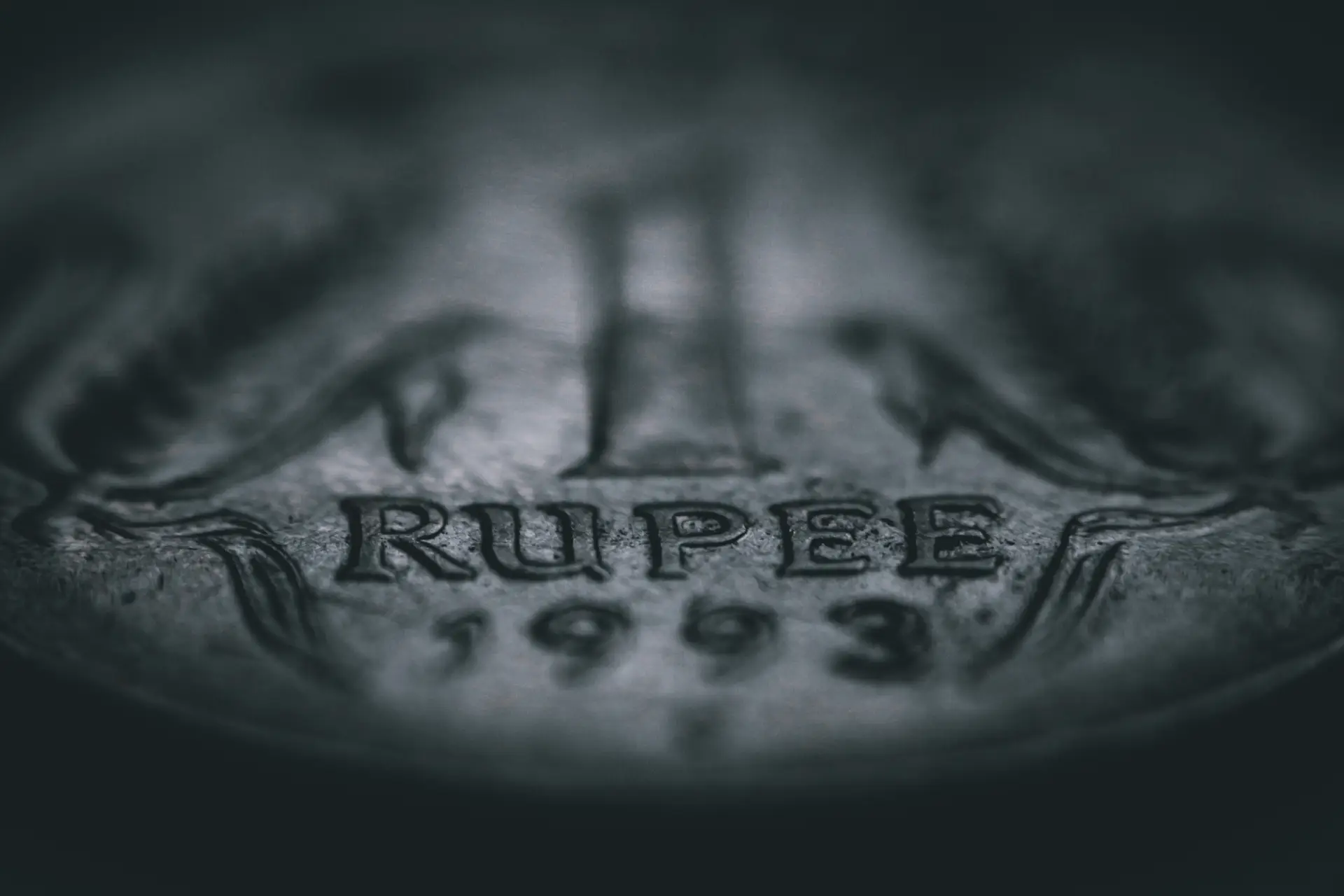India has conceived of a digital rupee for the masses and interbank settlements. This is not the same as cryptocurrency and is unlikely to garner much attention from the public, according to many predictions.
However, it aims to provide an alternative to conventional money and will be very useful for faster payments due to its digital nature. There is no official deadline for when it will become available as an option for the public.
Many indicators are suggesting that currency is amid an evolution, meaning that money as you know it will likely change in the near future, which is becoming apparent by India’s movement towards digital currency. We explore what you need to know to understand India’s concept for the digital e-rupee.
If you’re interested in attaining and using the e-rupee, it will be made easy by your nearest bank, which will provide people with an e-wallet they may top up or fill with e-currency. This allows them to make purchases and transactions through their smartphones.
You can also reach out to your service provider, making it easy to fill out your e-wallet and use it at your discretion for any number of transactions. The Indian central bank will regulate, issue, and control this currency, meaning that it is vastly different from cryptocurrency, which is private in nature.
If you’re looking to make transfers into someone else’s account or wallet, you will need a public and private key, which may be described as a digital address where you can transfer the money using tokens. The details are still being ironed out, and the Indian bank is unsure of the exact strategies they will need to employ, requiring the utilization of many resources.
If you’re looking to make large transactions privately, you will be unsuccessful because it will be mandatory to disclose your payments. However, smaller transactions can offer anonymity, similar to regular cash payments.
The banks are not allowing digital currency to earn interest, which will likely topple the financial system due to people converting entirely to digital forms of payment by withdrawing all of their money from the banks. Cybersecurity is another aspect that will need to be thoroughly investigated since hackers may find ways to steal from people’s e-wallets, meaning that there is still a long way to go until the e-rupee becomes finalized.
India’s central bank has been working hard to offer alternative payment options to the general public as well as for interbank settlements, pointing to the fact that it is making great strides to keep up with modernization. The evolution of currency is still in its early stages but has become a real possibility following the start of cryptocurrency initiatives, which have expanded greatly since the introduction of Bitcoin.
The e-rupee may not garner much interest from the public, but it is something the central bank of India is willing to try out since it could make payments and transactions easier, simpler, and faster that is beneficial for all parties. Banks and service providers will take responsibility for assigning e-wallets, which can be used at your own discretion for any number of transfers and payments.






